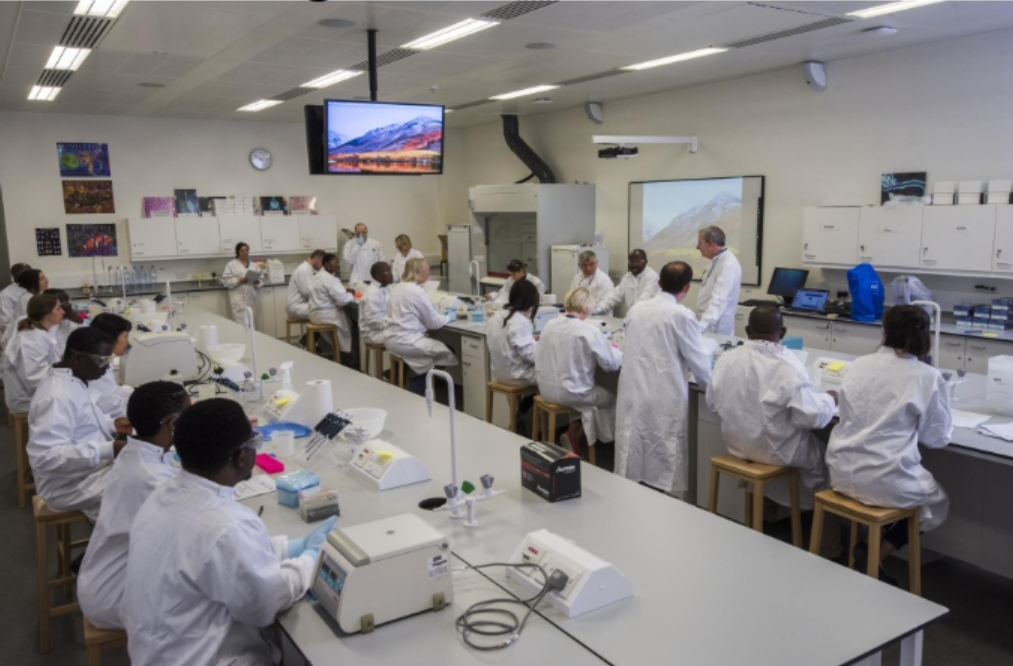
GCRF Funding Cycle
2020-21
Principal Investigator
Derek Sloan
Schools
Medicine, Geography and Sustainable Development
ODA countries
Uganda
Tuberculosis (TB) is a bacterial infection which can cause life-threatening illness, particularly for people are also living with HIV. Currently, HIV-TB care in Uganda is complicated by the emergence of a new viral disease: Coronavirus disease 2019 (COVID-19).
To slow down the spread of COVID-19, Uganda has introduced measures including mask-wearing, physical distancing and limitations on the use of transport. However, the effects of new epidemics, and the steps taken to control them, can reduce access to normal health services. There are already signs that COVID-19 might result in more people falling sick and dying of TB over the next few years. We are already working to improve TB care in Uganda.
Our new proposal seeks to reduce the COVID-19 related risks of attending hospitals and HIV-TB clinics in Kampala. We will collect nose/throat swabs and blood samples from TB patients attending our healthcare centres to study how many currently have COVID-19 or have recently been exposed to the virus which causes it. We will also assess how closely our healthcare centres are adhering to guidelines on steps which they can take to prevent the spread of COVID-19. Wherever needed, we will help them to improve. Finally, we will ask healthcare workers and patients how they feel about attending hospitals and clinics during the COVID-19 epidemic, in order to help address their concerns and to develop resources which explain to everyone how to use hospitals and health centres safely.
Associated SFC GCRF funded projects on the St Andrews research portal
- SFC GCRF 2020-21
Tuberculosis in the time of COVID-19: Improving safety in healthcare facilities - SFC GCRF 2020-21 (Rapid Response)
Overcoming the COVID-19 dilemma in tuberculosis (TB) and chronic obstructive pulmonary disease (COPD) research and care - 2020-21 (Consolidator)
The St Andrews – Africa Research (StAAR) health network – consolidating research achievements and building capacity for cutting edge interdisciplinary research - SFC GCRF 2018-19
Tackling Antimicrobial Resistance in Low and Middle-Income Countries (LMICs) - SFC GCRF 2017-18
Tackling Antimicrobial Resistance in Low and Middle-Income Countries (LMIC’s): Taking St Andrews University innovation to worldwide application

